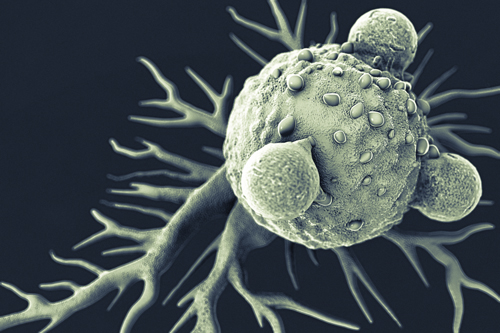The manufacturing process for CAR-T cells is similar, even though the design and structure of the tumor specific scFv (single chain fragment variable) may be proprietary. The methods used to develop the fusion protein that makes a CAR T-cell are unique to pharmaceutical companies. These proprietary methods may be one variable that leads to various efficacy and toxicity outcomes from study to study.
The CAR-T cell-manufacturing programs used currently are labor intensive and patient-specific. For wide adoption and commercialization of CAR T-cell therapy in clinical practice, current good manufacturing procedure (cGMP) and quality control are crucial steps and must be implemented. In addition, this complex manufacturing technique requires a highly skilled workforce to maintain the GMP facility.
In the future, the development of off-the-shelf or universal CAR T-cells from allogenic donors could streamline the manufacturing process, shorten the time to therapy for patients, and allow one lot of drug to treat many patients.
Education will be a large component of CAR T-cell therapy if deemed approval by the FDA. In this fragile patient population, serious adverse events such as cytokine release syndrome, neurotoxicity, cerebral edema, and B cell aplasia require immediate medical care and ongoing education to the patient, family and health care providers.



